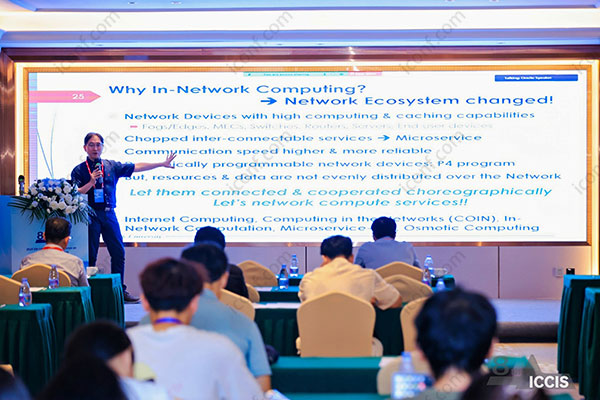

229 views||Release time: Jul 30, 2025
With the rise of academic conferences worldwide, not all events offer equal value. Some are high-impact gatherings that foster research excellence, while others may be low-quality or even predatory in nature. Understanding how to evaluate the worth of a conference is essential for protecting your academic credibility, optimizing your time, and maximizing professional growth.

A strong indicator of a reputable conference is whether its proceedings are indexed in major academic databases such as:
EI Compendex
Scopus
Web of Science
IEEE Xplore
ACM Digital Library
High-quality conferences are usually affiliated with recognized publishers or technical societies like IEEE, ACM, Springer, or Elsevier.
A legitimate conference typically has:
A known academic or professional organization as the organizer
A credible university or research institution as the host
A history of previous successful editions
Avoid events that lack transparency about the organizing committee, location, or affiliations.
A well-organized academic conference will present:
A clear, focused theme or research scope
Detailed submission guidelines and review criteria
A reasonable deadline timeline (not too short)
Vague or overly broad scopes may indicate lower academic standards.
Reputable conferences:
Employ double-blind or single-blind peer review
Involve reviewers with recognized academic qualifications
Clearly state the acceptance rate
Instant acceptance or promises of guaranteed publication are red flags.
Check the conference’s:
Past proceedings (searchable online through indexing platforms)
Reputation within your academic community
Consistency (annual events held in reputable locations)
Established conferences with a multi-year history are typically more reliable.
Look for:
Well-known keynote speakers from academia or industry
A diverse international program committee
A balanced schedule that includes sessions, panels, and workshops
Conferences lacking this structure may offer limited value.
Red flags include:
Excessively high registration fees with no justification
Generic websites with poor design or grammatical errors
Invitations to submit papers without prior engagement
If in doubt, consult your advisor or colleagues, or verify the event using conference databases such as iconf.org.
Choosing the right academic conference is critical to building your research profile and making meaningful connections. Always evaluate indexing status, organizing bodies, review process, and historical credibility before committing. A high-quality conference can significantly advance your academic journey, while a poorly chosen one could harm your reputation.
To find a curated list of trustworthy academic conferences,— a platform that features well-established, peer-reviewed events across disciplines.